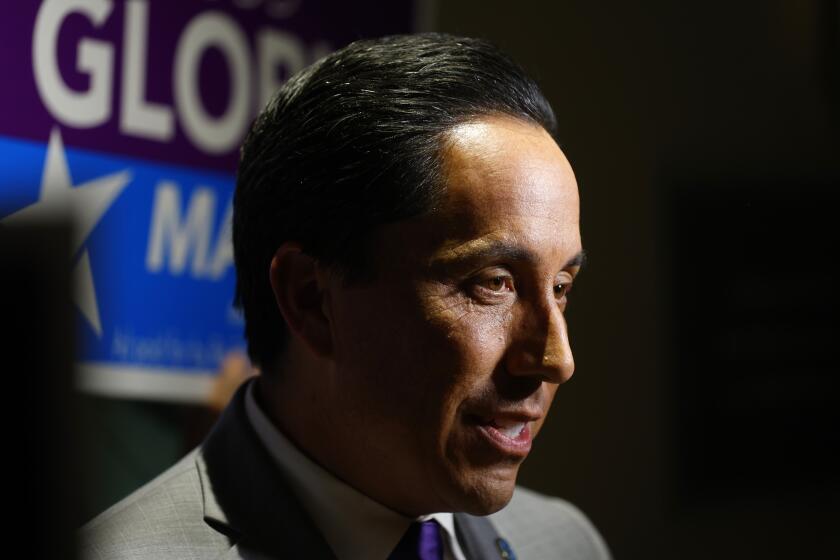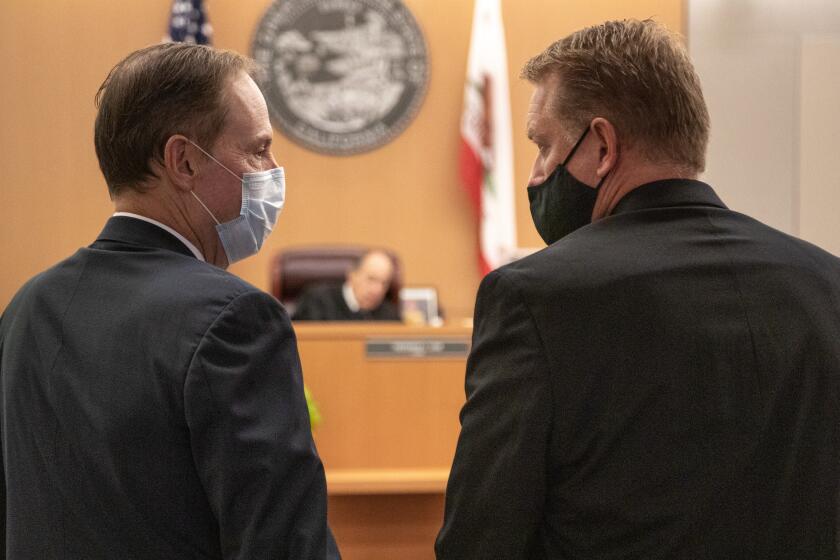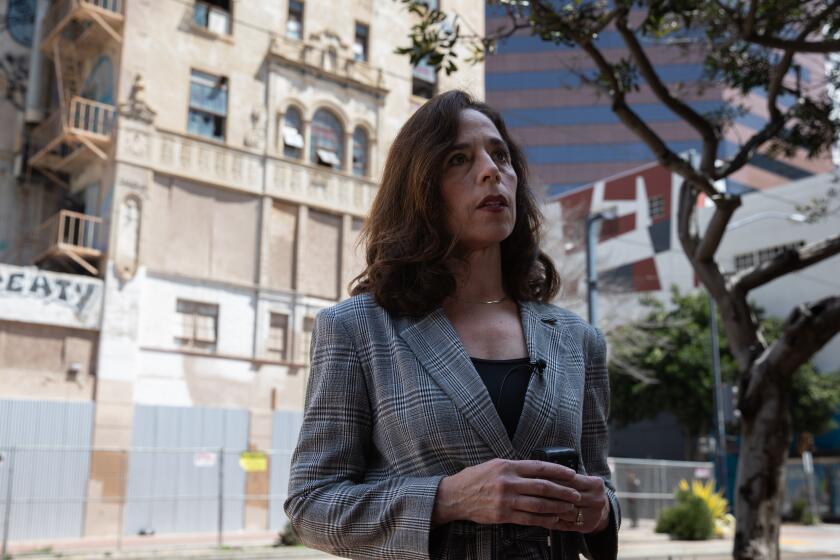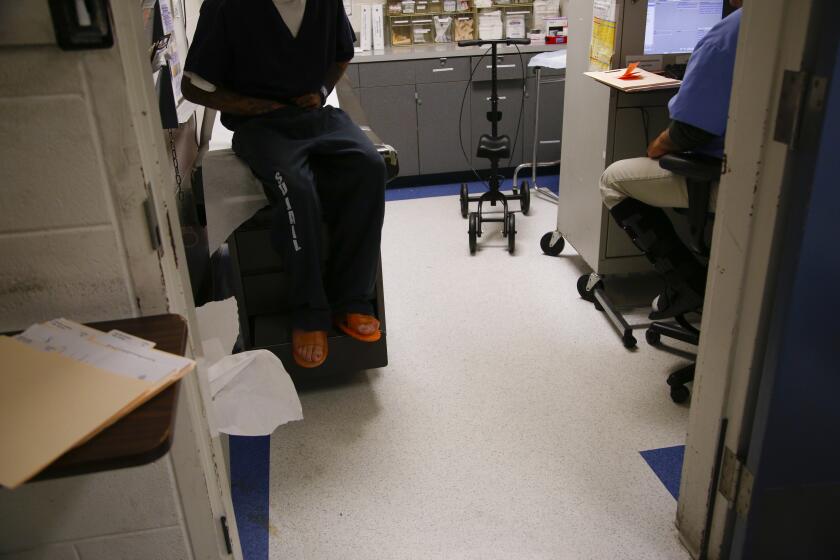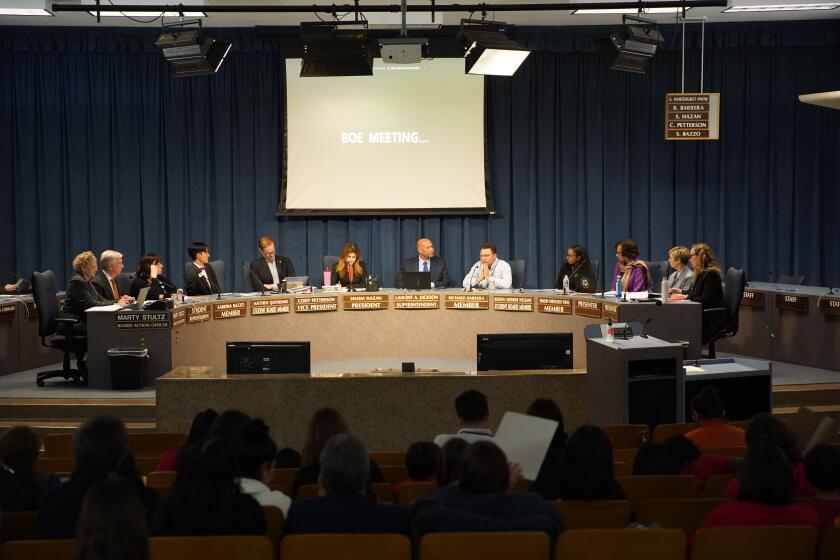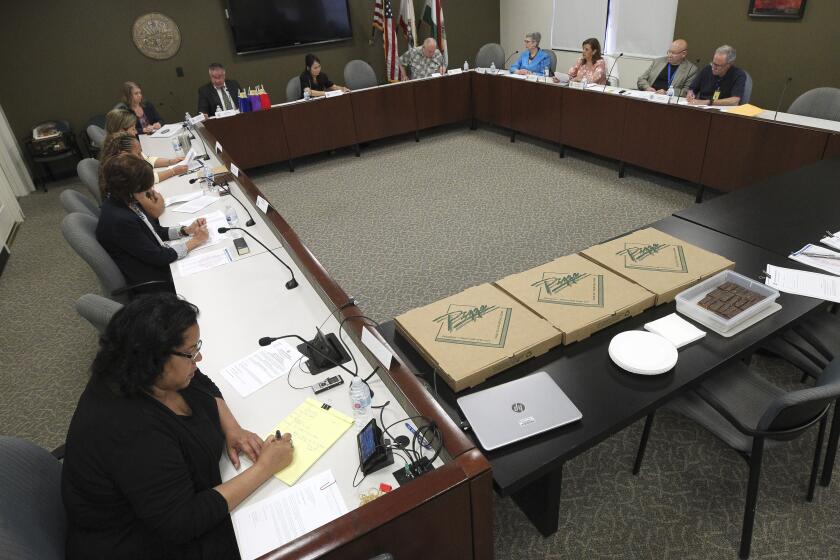Judge asserts jurisdiction over CPUC records
Two-plus weeks after his verbal order rejecting the California Public Utilities Commission argument in a public-records case, San Francisco Superior Court Judge Ernest Goldsmith has issued a written ruling criticizing regulators for withholding records from public view.
“The CPUC takes the extraordinary position that the passing of utility company losses to ratepayers is simply an ordinary ratesetting matter and therefore regulatory,” Goldsmith wrote in his ruling. “This court disagrees.”
Filed last March, the case involves a request by San Diego attorney Michael Aguirre, who sought emails and other communications related to the failure and premature shutdown of the San Onofre power plant on San Diego County’s north coast in 2012. The utilities commission approved a deal that assigned 70 percent of the $4.7 billion in premature shutdown costs to utility customers.
The commission released numerous records but withheld 65 emails to or from the Governor’s Office and dozens of others to or from commission President Michael Picker, saying they were not subject to disclosure under the California Public Records Act.
Aguirre appealed to Superior Court in San Francisco, where the commission is based. Commission lawyers argued that their proceedings can only be appealed to a higher court, not a Superior Court.
Aguirre argued that a records request is not a formal proceeding, but a routine matter of public business. Judge Goldsmith agreed that compliance with open-records laws is not a regulatory action and therefore subject to Superior Court jurisdiction.
The judge said there is “undisputed evidence” that former commission President Michael Peevey reached a secret deal with Southern California Edison to shift billions of dollars in San Onofre losses from Southern California Edison and other plant owners to utility customers.
“To consider this merely an ordinary ratesetting regulatory matter would do violence to the right of citizens in a democracy to know the actions taken by their public officials, the reasons for them, and the circumstances under which they were taken,” the judge said.
Commission spokeswoman Terrie Prosper said the agency plans to petition for extraordinary writ at the Court of Appeal level.
“We intend to challenge the order because the law is very clear that the Superior Court lacks jurisdiction,” she said. “The CPUC has a legal and ethical obligation to ensure that only those courts with jurisdiction hear cases involving the CPUC.”
Under the Goldsmith ruling, the next step would be to assign the case to a trial judge, who could review the disputed records in chambers before deciding whether to issue an order to release the Governor’s Office emails and other records.
Get Essential San Diego, weekday mornings
Get top headlines from the Union-Tribune in your inbox weekday mornings, including top news, local, sports, business, entertainment and opinion.
You may occasionally receive promotional content from the San Diego Union-Tribune.


